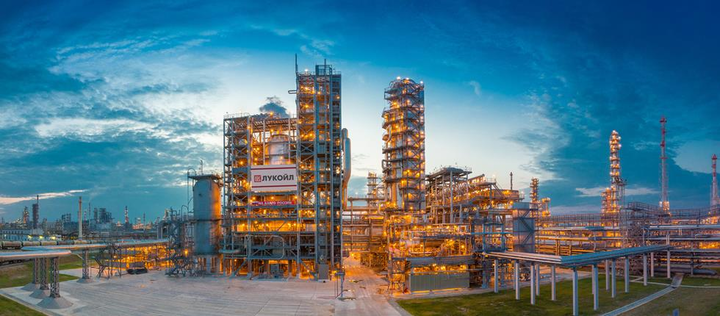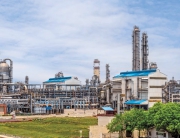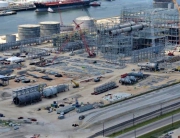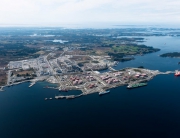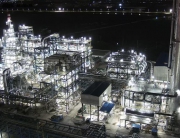PJSC Lukoil has let a contract to Lummus Technology LLC’s Lummus Novolen Technology GMBH to provide technology licensing for a grassroots petrochemical unit to be built at subsidiary LLC Lukoil Nizhegorodnefteorgsintez’s (NNOS) 17 million-tonne/year Kstovo refinery in central Russia’s Nizhny Novgorod region.
As part of the contract, Lummus will license its proprietary Novolen gas-phase polypropylene (PP) technology for a new 500,000-tonnes/year PP unit at the refinery, as well as deliver basic design engineering, training and services, and catalyst supply for the project, the service provider said.
Lummus disclosed no details regarding a value of the contract or a timeframe for its work on the proposed project.
While Lukoil has yet to publicly reveal investment details on the new PP unit at Nizhny Novgorod, the operator confirmed in its latest investor presentation for September 2020 that Lukoil NNOS is progressing on construction of its previously announced deep conversion, delayed coking complex at the refinery.
To date, construction on the complex has reached 75%, with main long-lead items installed and work now under way to install onsite pipelines and technological equipment strapping, according to the September investor presentation.
Alongside a delayed coker, the 2.1-million tpy complex will include a diesel hydrotreater, a gas fractionator, hydrogen and sulfur production units, as well as infrastructure installations.
Once fully commissioned, the complex will enable the Nizhny Novgorod refinery to slash its production of fuel oil, increase refinery yields up to 95.5%, and achieve higher synergy with fluidized catalytic cracking (FCC) units already in operation at the site. Scheduled for full startup in 2021, the new complex will increase the refinery’s yield of light petroleum products to 76% from a current 64%.
Separately, Lukoil said construction has reached 82% completion on a grassroots deasphaltizing unit at subsidiary OOO Lukoil Volgogradneftepererabotka’s 14.8-million tpy Volgograd refinery in southern Russia. Further details regarding the new deasphaltizing unit have yet to be disclosed.
Source: www.ogj.com


